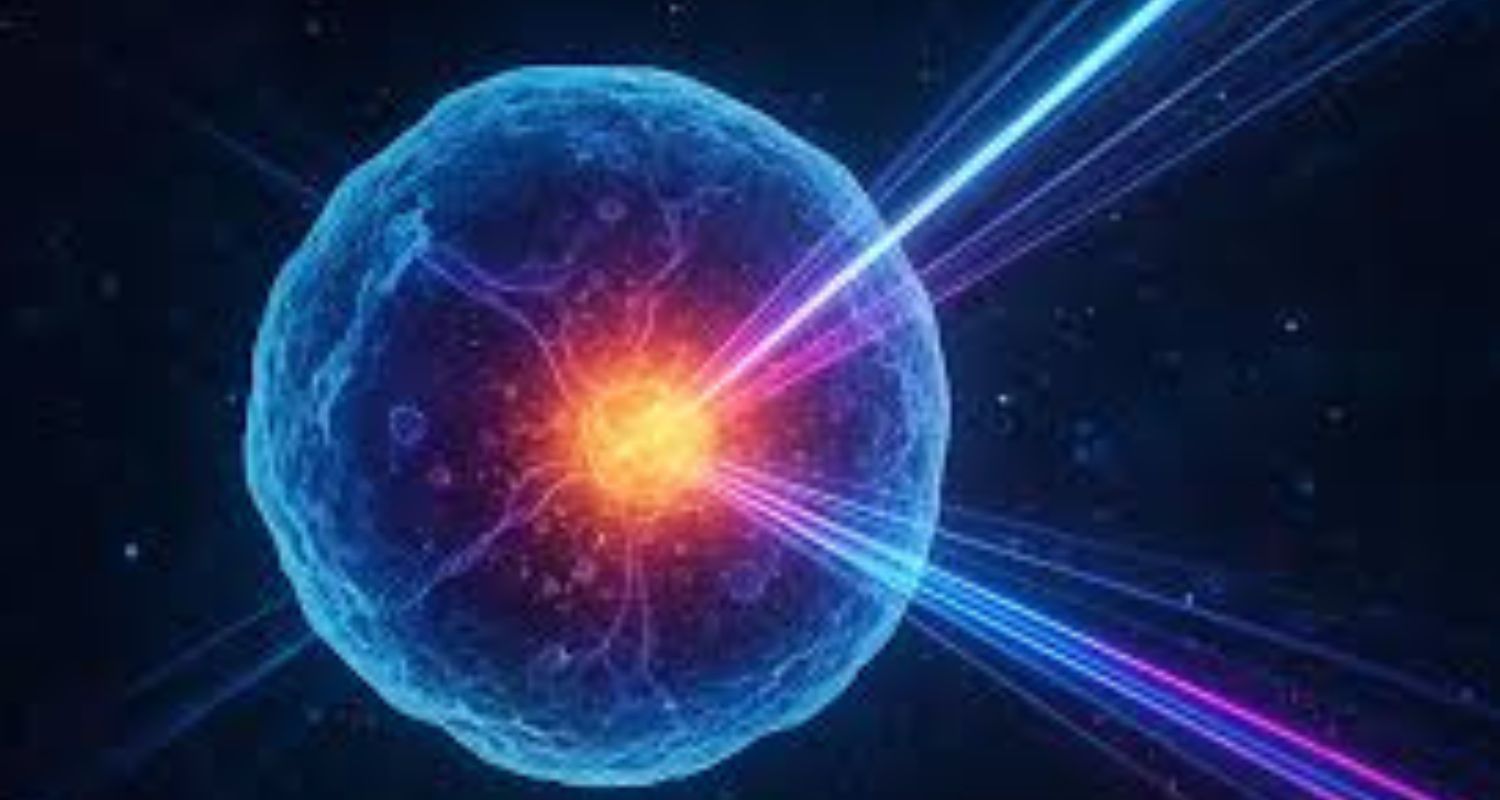A groundbreaking new study has proposed a radical rethinking of gravity—not as a fundamental force of nature, but as a consequence of the universe’s own computational processes.
According to physicist, gravity could be a by-product of the universe attempting to efficiently organise information and matter across space and time, suggesting the cosmos may function like a vast quantum computer.
The theory offers a bold and unconventional perspective on the fundamental workings of the universe. If validated, it could fundamentally transform our understanding of gravity and even reality itself—raising questions about whether our universe might, in fact, be a sophisticated simulation.

Gravity as an Information Phenomenon
The research is grounded in what he describes as the "second law of information dynamics." This principle suggests that the universe, much like a computational system, strives to minimise complexity by compressing and streamlining information. In this framework, gravitational attraction could be seen as the result of the universe's drive to tidy and organise data more efficiently.
Information as a Building Block of Reality
This theory builds on earlier work of physicist, in which he suggested that information is not just abstract but physical—that it has mass, and that every elementary particle carries information about itself, much like DNA encodes biological instructions in living cells.
The physicist explores the idea that the universe is made up of discrete units—or “elementary cells”—which behave like data storage units. Each of these cells can store binary information: a "0" if the cell is empty and a "1" if it contains matter. This is strikingly similar to how information is stored in digital systems such as computers or video games.
Also Read: AI regulation can’t wait for perfect evidence
Simulated Reality and the Force of Gravity
What happens when multiple particles occupy different cells? According to research, the system naturally evolves to reduce information complexity by moving particles closer together, consolidating them into a single, larger particle within one cell. This movement—triggered by computational rules aimed at minimising data—produces what we perceive as gravitational attraction.
A Paradigm Shift in Physics?
While still theoretical, the ideas challenge deeply entrenched views in physics, suggesting that the very fabric of space and time could be governed by principles similar to those in digital computing. The implications are profound: not only could this reshape how scientists view gravity, but it might also lend credibility to the long-speculated notion that our universe is a form of simulation.
As research continues to explore the intersection of information theory, quantum mechanics, and cosmology, various work adds a compelling layer to our evolving understanding of reality—and our place within it.
Also Read: The future of mobility: A four-legged robot you can ride


